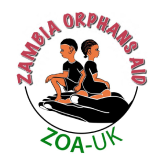Northern
Where we work in Northern Province
Northern Province is one of Zambia’s ten provinces and is predominantly rural, far away from Lusaka, the capital, and the industrial Copperbelt. Northern Province has no industry although there is some commercial fishing on Lake Tanganyika. The primary economic activity is subsistence agriculture.
ZOA works in Kasama town, the provincial capital, as well as the villages of Lubushi and Chitamba. What all these locations have in common is a high proportion of orphans and vulnerable children who don’t have access to school and therefore a lower chance of changing their futures. The average literacy rate in Northern Province is 9% lower than the national Zambian average (according to the 2012 census).
We know that education is a proven route out of poverty and gives children the potential to transform not just their lives but the lives of their family. Each extra year of education raises lifetime earnings by around 10%. That is why we focus our efforts on education.
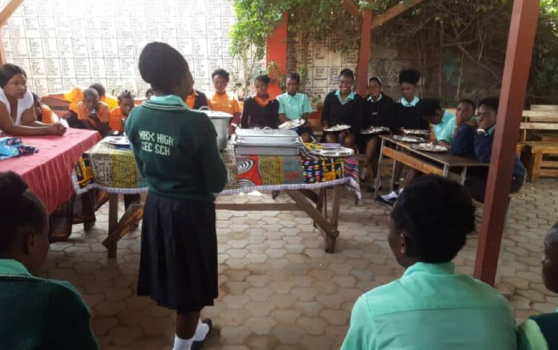
Our Work
Through our grassroots partner in Northern Province, Lubushi Orphans we are helping primary and secondary pupils with uniforms, books, stationary and school fees.
We want to break the cycle of poverty and improve social mobility in Zambia. We aim to equip particularly disadvantaged students with vocational skills to help them access good jobs in professions like teaching or in healthcare, enabling them to earn an income that could lift their entire family out of poverty.
For our students who pass their Grade 12 exams with good results we will support them through college or university by paying fees, providing refurbished laptops and paying for transportation or accommodation costs.
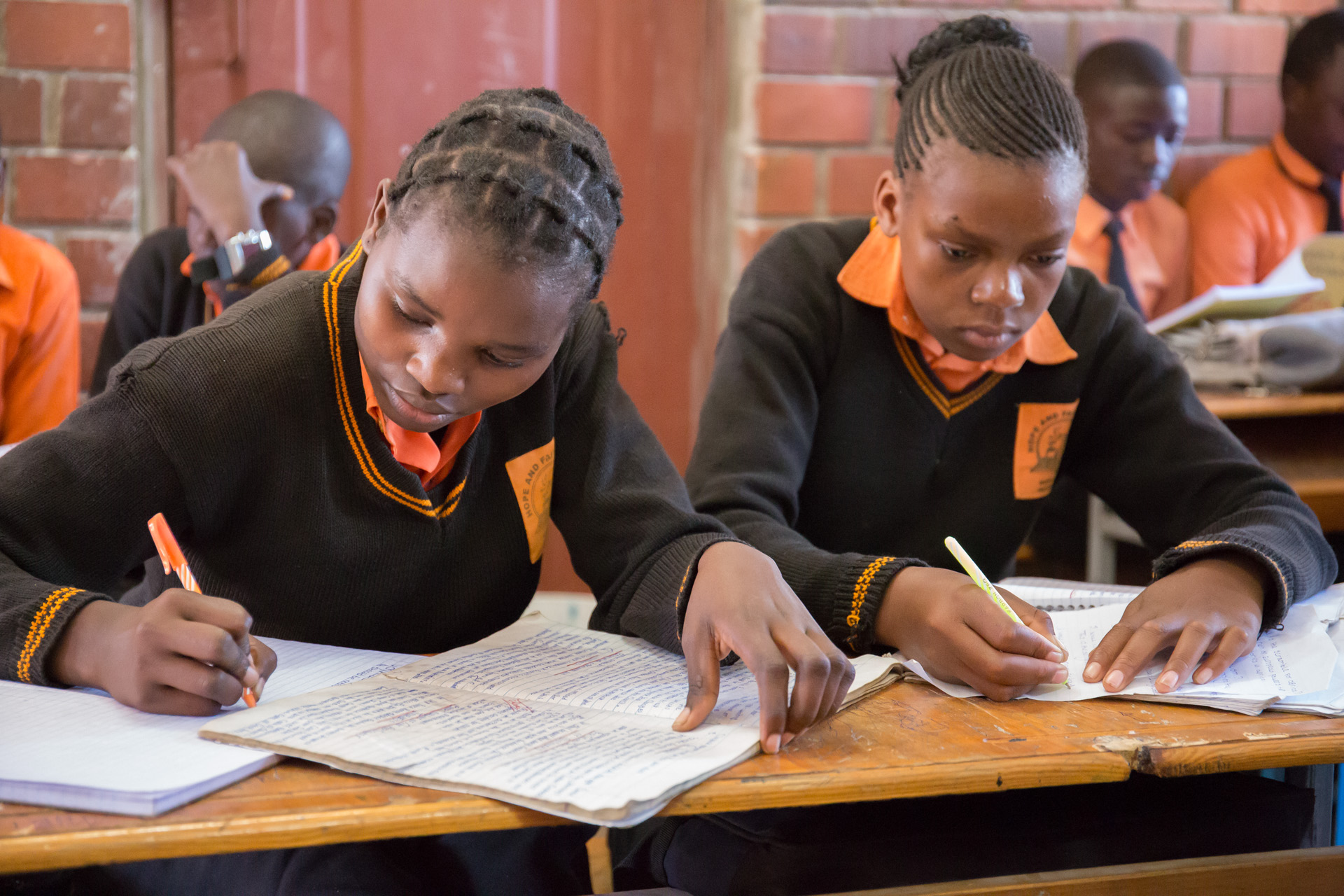
Addressing mental health issues
In a recent survey we carried out 49% of the students surveyed felt at some point that they don’t want to continue living anymore and in the past six months at least 80% experienced symptoms of poor mental health. Too many children experience stress and trauma that causes low self-esteem and aspirations.
Problems must be identified and quickly addressed so students don’t fall behind and drop out of school. But there were no services available. That’s why we ran a two-year pilot to train 40 schools, field workers and volunteers to provide essential counselling and improve systems so children don’t slip the net.
The project also provided the volunteers with valuable work experience while they look for work in their chosen profession.

Keeping girls in school
As part of our commitment to keeping girls in school we’ve built a girl’s boarding house for 64 girls at Lubushi School.
This will help girls who live far from the school to access school. Because many girls live a long way from the school they lodge in cheap accommodation in the local town. This has resulted in a high number of pregnancies amongst students.
The headteacher explains, “Six girls have become pregnant in the first half of this year already.” The community have been busy making all the bricks needed for the boarding house showing their commitment to the project.
Support from Fondation Eagle and Jephcott Charitable Trust has made this infrastructure project possible.
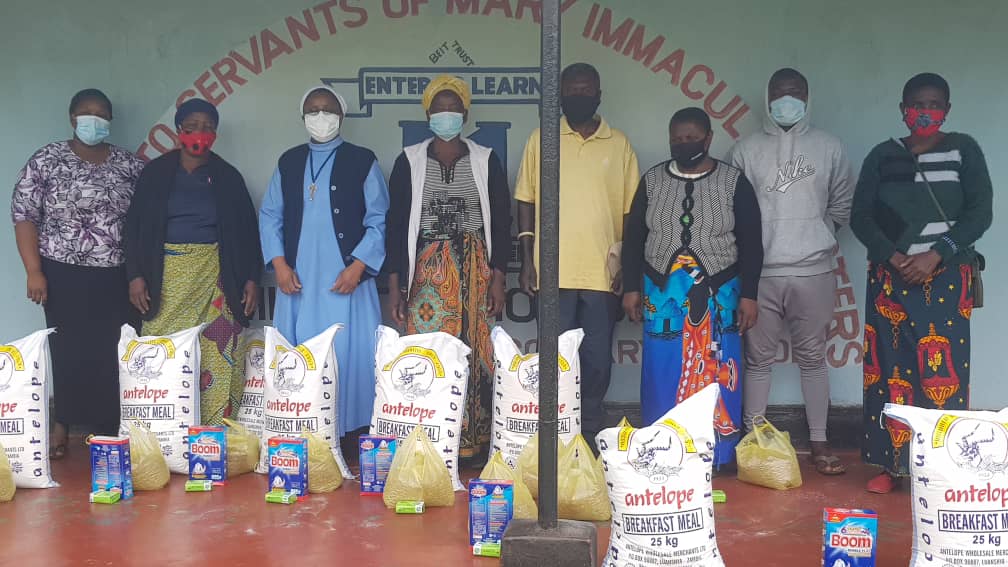
Changing children's futures
Children without access to a quality education are trapped in a cycle of poverty, and orphaned or other vulnerable children are more likely to end up in child labour, suffering abuse and early marriage.
We provide a holistic approach to breaking the cycle of poverty, not only enabling orphans and other vulnerable children to go to school but crucially keeping them there by providing nutritious school meals, mental health support and looking at other reasons why children, particularly girls, drop out of school or are unable to reach their potential.
In 2024 in our Northern Province programme we are supported 20 pupils through primary school, 53 through secondary school and 7 through tertiary education. We are delighted that an increasing number of children we started supporting ten years ago are now qualifying for tertiary college.
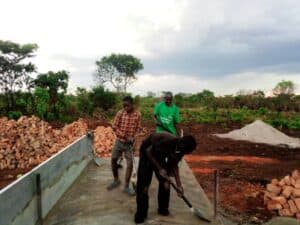
Making sure education is inclusive
Gabriel, ZOA-Graduate
“I remember my painful childhood years when everyone saw me as a burden. I didn’t have friends to play with but my grandmother showed me love.
Life was a real challenge for us and I believe that’s why my brothers stopped school and my sisters got married early. I was serious about school because I saw it as my only hope out of misery.
When I completed school I applied for a three year Primary Teacher Diploma Course and was put on ZOA support. I want to become a teacher and help my family and my fellow people with disabilities.”
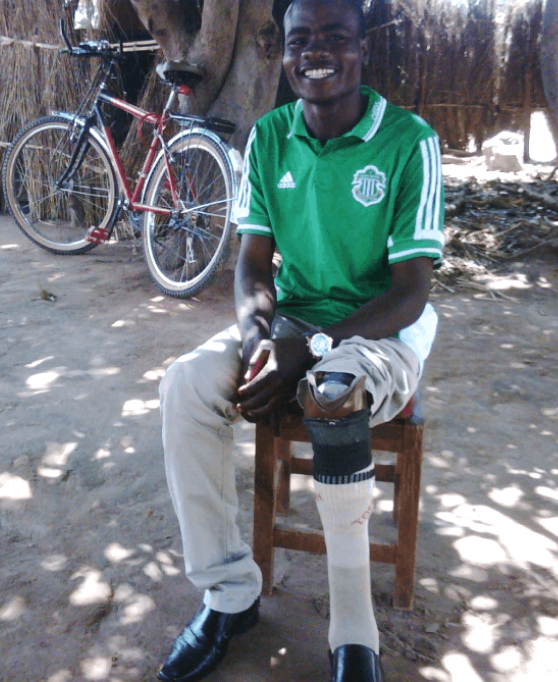
Changing futures
Peter, 24 Years Old
“I am HIV+ and have three children who are HIV+. I used to feed my family with foods that didn’t add value to their health but I learnt how to prepare a nutritious dish called Mphoto Ya Bumi (Pot of Life) using all the six essential elements that are needed for one’s health. Now I feed my family with various nutritious meals that are available locally. It’s important to eat different types of food because you get different nutrients which are all important for a healthy family.
The ongoing support I receive is: food supplements, mealie-meal, sugar, high energy protein supplement and cooking oil. I also go to the cookery demonstrations and receive psychosocial support through caregiver visits.”

Help change a child's future
Your help can support children through primary and secondary school, provide nutritious school meals so pupils aren’t learning on an empty stomach and support those that can through tertiary vocational training. We provide a holistic approach so also provide mental health support and other inputs where needed.
